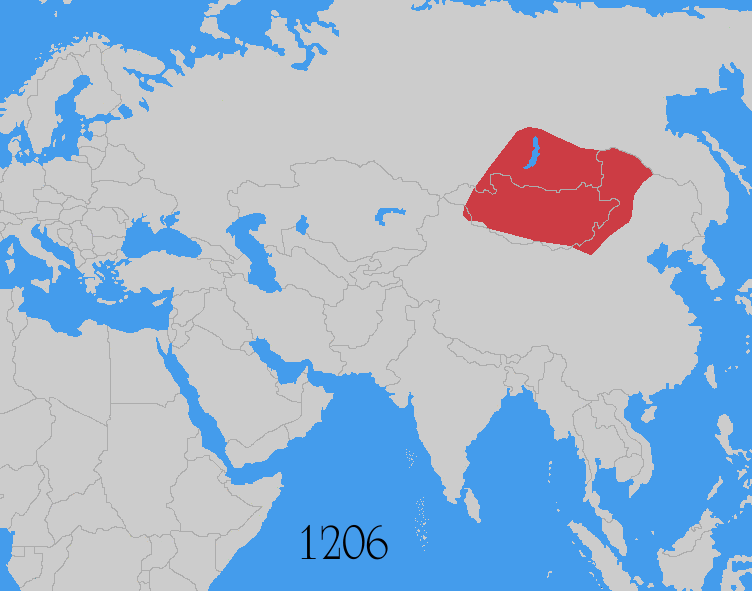 |
| Plath ancestors. Sylvia's complete family tree is at FamilySearch.org. |
Used to be that the Plath family tree went back only to 1826, the birth year of Sylvia's great-grandfather Johann, the man who disowned his grandson Otto. That's 200 years. It wasn't enough.
I recently added two confirmed generations to Plath ancestry, back to the 1700s.
Johann Plath and wife Caroline came to the U.S. from Prussia in 1885, bringing two young-adult children, Emil and Marie. According to locals, the Plaths arrived in Wisconsin "very poor people." I figured they had fled German/Prussian persecution. In fact Johann's brother had died in 1884 and Johann intended to run his brother's farm. When Johann retired he rented a house. By 1899 he was able to pay Otto's passage to America and for the boy's tuition. The string attached was that Otto had to become a Lutheran minister. When Otto, college graduate, told Johann he'd rather be a teacher, Johann crossed Otto's name out of the family Bible and cut him loose.
Otto might not be the only offspring Johann disowned. Either he or Caroline told the 1910 federal census-taker that they had eight children, five still living. [1] Documentation shows only two of the eight were dead: a son who died in childhood and Marie, dead in 1895. Johann, maybe along with his wife, considered one of his six surviving children dead to him.
Which child? Don't know. But if this wasn't a miscalculation it offered more of a sense of how Johann's love and money were contingent on obedience, even from a grandson who in 1910 was 25.
| They said out of their eight kids only five were living. |
Of old Johann's father, U.S. records said only that his name was Julius, and there the Plath family trail went cold. There were many ethnic-German "Julius Plaths" all over Prussia, and none a match.
A Plath descendant had met with this same genealogical "roadblock," and last year I promised I would scour German/Prussian records to find our man. Three weeks ago I found Julius and a bonus -- his parents' names and their wedding date.
Born in Luebbersdorf in northern Prussia, Julius Plath (1791-1847) was baptized Andreas Julius Plath, after his two baptismal sponsors. Other local records call him "Andreas Julius" and "Julius Andreas," but he went by "Julius" and his own kids didn't know otherwise.
Julius was copying his own father, Johann Heinrich Plath (born 1766) who amid the tons of other "Johanns" in the Grand Duchy of Mecklenburg-Schwerin chose to be called "Heinrich." Below is Julius's 1791 baptismal record. Heinrich's name starts beneath the inkblot, and the entry ends with his wife's name, Regina Maria Schroeder (b. 1763) whom Heinrich married in 1785. [2]
 |
| The name "Heinrich Plath" starts on the line below the ink blot. |
Google Lens solemnly told me it couldn't read the above. So I applied my experience, and bingo.
The land that in Otto's time became the Polish Corridor has twelve (yes, a dozen) towns and villages named "Grabow." Via the Julius inquiry I was finally persuaded that Otto Plath's birthplace was the "Grabow" specifically in district Mecklenburg, Otto's now well-documented North German ancestral home. Then I tried finding a record of Otto's birth. The books covering his birth year, 1885, and a few adjacent years are missing.
[1] United States, Census, 1910," FamilySearch (https://www.familysearch.org/ark:/61903/1:1:MPVY-J66 : Thu Mar 07 18:28:20 UTC 2024), Entry for John Plath and Caroline Plath, 1910.
[2] I replaced the umlauts in the text with the "ue" and "oe" just for now.





.svg.png)
